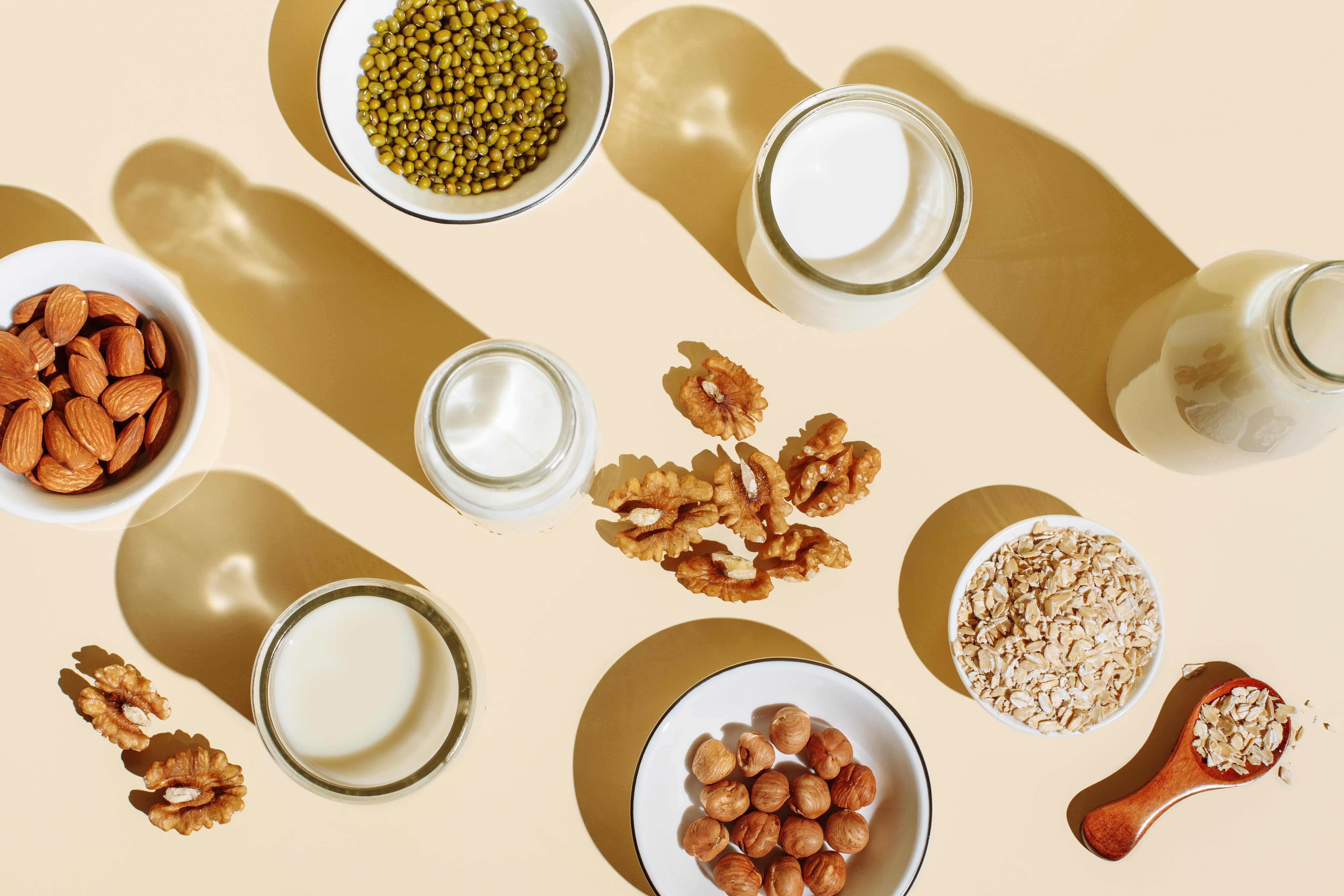
The amount of protein you require is influenced by a variety of factors, such as your level of physical activity, age, muscle mass, and general health condition.
Protein, alongside carbohydrates and fats, is one of the three crucial macronutrients your body needs in substantial amounts for optimal functioning.
While most established nutrition authorities suggest a relatively moderate intake of protein, there’s a range of opinions on the exact amount necessary.
The Food and Drug Administration indicates that the average American adult needs about 50 grams (g) of protein each day, though this amount can vary based on factors like age, gender, health status, and how active you are.
This piece delves into the ideal quantities of protein and explores how factors such as weight management, muscle development, and physical activity impact these requirements.
What is protein, and why is it vital?
Proteins are fundamental components of your body, crucial for building muscles, tendons, organs, and skin, as well as enzymes, hormones, neurotransmitters, and various essential biological molecules.
Proteins are made up of smaller units called amino acids, which are linked together in a chain. Your body produces some amino acids, but others, known as essential amino acids, must be obtained through your diet.
The amino acid composition varies among different food sources of protein. Lean meats and dairy products, for example, typically contain all the essential amino acids, while plant-based diets might offer them in less abundance.
Nonetheless, with careful planning and nutritional consideration, obtaining all essential protein components in adequate amounts is entirely feasible on a plant-based diet. Vegan protein powders and other supplements can be useful for meeting protein requirements.
Discover the top protein sources for vegans here.
Assistance in Weight Loss
Protein plays a key role in weight loss efforts. For successful weight loss, you need to consume fewer calories than you burn.
Evidence indicates that a higher protein intake can boost your metabolism (calories out) and reduce your appetite (calories in), helping in weight loss.
A 2020 review and meta-analysis found that a high-protein diet over the long term could aid in weight loss, decrease the chance of weight regain, and help prevent obesity and related health issues.
Support in Muscle Gain and Strength
Muscles, like most body tissues, are dynamic and undergo constant breakdown and rebuilding. For muscle gain, the body must create more muscle protein than it breaks down.
Therefore, individuals aiming to build muscle often eat more protein and engage in physical exercise. A higher protein intake can enhance muscle building and strength.
For instance, a 2018 meta-analysis concluded that dietary protein supplementation significantly increased muscle strength and size in healthy adults following a resistance training program.
This analysis suggested that protein intakes of 1.6 g/kg/day are adequate for muscle growth and performance enhancement.
Protein During Pregnancy
During pregnancy, the body requires more protein for tissue development and growth, benefiting both the parent and the baby.
The Dietary Guidelines for Americans by the Food and Drug Administration recommend around 70 g of protein daily during pregnancy, equating to 10–35% of daily calories in most cases.
Increased protein intake is also necessary for individuals who are breastfeeding.
Lean meats, fish, dairy, and legumes are excellent protein sources during pregnancy. Opt for fish low in mercury yet high in omega-3 fatty acids, like salmon, sardines, and anchovies, and avoid high-mercury fish such as shark and king mackerel.
Other Situations That Increase Protein Needs
Beyond muscle building and physique goals, physically active individuals require more protein than sedentary ones. This includes people with physically demanding jobs and endurance athletes.
Older adults also need more protein — up to 50% more than the Daily Recommended Intake (DRI), or about 0.45–0.6 grams per pound (1–1.3 grams per kg) of body weight, to prevent conditions like osteoporosis and sarcopenia.
Potential Negative Health Effects of Protein
Some studies suggest a correlation between high-protein diets and kidney function impairments, but direct causality has not been established. Further research indicates that high-protein diets may exacerbate existing chronic kidney disease.
Therefore, individuals with preexisting kidney issues should consult healthcare professionals before making significant changes to their protein intake.
Overall, a reasonably high protein intake does not show adverse effects in healthy individuals focused on optimizing their health.
Incorporating Enough Protein Into Your Diet
A wide variety of foods are rich in protein, including:
Tofu, tempeh, and meat substitutes
Lean meats
Fish
Eggs
Milk
Greek yogurt
Quinoa
Legumes
Nuts
For most, actively tracking protein intake is unnecessary. Eating quality protein sources with meals, alongside nutritious plant foods, should meet optimal intake levels.
Discover high-protein food options here.
Understanding “Grams of Protein”
There’s often confusion about what “grams of protein” actually means.
In nutrition, “grams of protein” refers to the amount of the macronutrient protein itself, not the total weight of protein-containing food like meat or eggs.
For example, an 8-ounce serving of beef weighs 226 g but contains only 61 g of protein. Similarly, a large egg weighs 46 g but packs just 6 g of protein.
Requirements for the Average Person
For moderately active adults not engaged in weightlifting, protein should make up 10–35% of daily calorie intake. However, individual needs vary based on factors like activity level, weight, age, sex, and health status.
Typically, adults in the U.S. should consume approximately:
34–56 g per day for males
34–46 g per day for females
Given the lack of evidence for harm and significant evidence for benefits, it’s probably better for most to err on the side of more rather than less protein.
